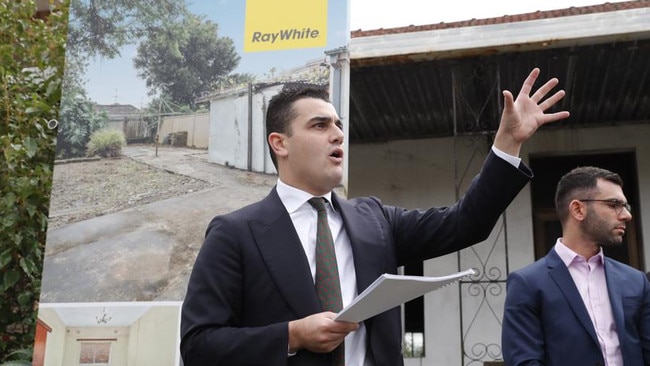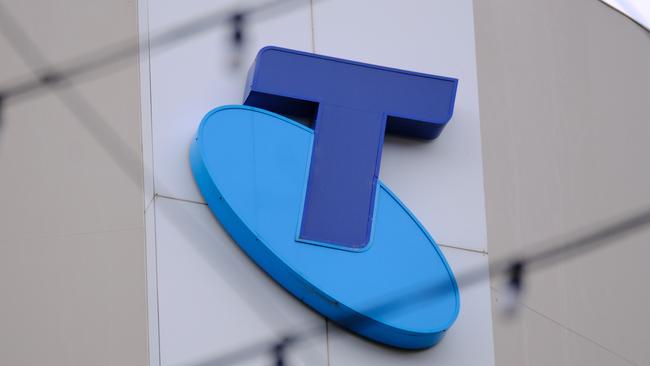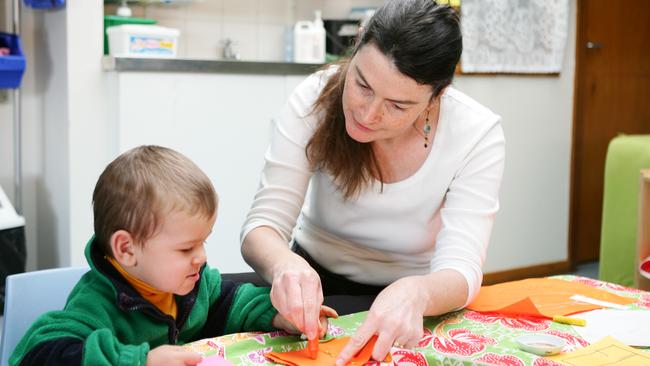Big changes for new financial year in Australia
There are some major changes taking place in the new financial year — and some hefty price rises that will hit you in the hip-pocket.
Costs
Don't miss out on the headlines from Costs. Followed categories will be added to My News.
The new financial year is here – and that means a string of huge changes.
July 1 is an important mid-year milestone, bringing with it many major changes such as new laws and regulations, fees and charges, and taxes and benefits.
Here’s what you need to know.
Psychedelic therapies breakthrough
The Therapeutic Goods Administration (TGA) has given authorised psychiatrists the green light to prescribe two psychedelic substances for specific mental health conditions from July 1.
From July, 3,4-Methylenedioxymethamphetamine (MDMA) will be able to be prescribed to treat post-traumatic stress disorder, while psilocybin, the active ingredient in magic mushrooms, will be approved for treatment-resistant depression.
These drugs – previously known for recreational and illegal use – will be rescheduled from the strictest controlled category, Schedule 9 (Prohibited Substances), to Schedule 8 (Controlled Drugs) – but only for medical use.
Good news for first-home buyers
From July 1, the newly-elected NSW Labor government will launch its stamp duty exemption for first-home buyers.
It means no stamp duty will need to be paid on homes worth up to $800,000, and a concessional rate for homes worth up to $1 million.
From that date, the state government will also scrap the previous government’s opt-in property tax scheme, which allows first-time buyers of more expensive properties avoid stamp duty.

Aged care reform
In the new financial year, at least one registered nurse will be required to be on site 24/7 in aged care facilities.
However, there may be some exemptions, including for facilities that are co-located with a health service where registered and enrolled nurses are present and for facilities in regional, rural and remote areas where the provider has been unable to recruit sufficient numbers of staff with the necessary skills.
The Australian Government is also committing $11.3 billion to implement a 15 per cent pay rise for aged care workers.
The Budget funding increase will be implemented over the next four years starting from 1 July 2023.
Rental relief
Over in Queensland, legislation to limit rent increase frequency to once every 12 months will come into effect from July 1.
The annual limit on rent increases will apply to all new and existing tenancies from that date in a bid to ease cost of living pressures for Queenslanders.
Telco bill hike
The cost of living shock continues after Australia’s biggest telecommunications company announced plans to hike prices from July 4.
Under the changes, a Telstra in-market mobile postpaid plan will increase from $47 per month to $50, with just 2GB of data.
The “basic” package, which includes 50GB of data, will increase by $4 to $62 per month.
Worst hit are users with a “premium” package that will increase by $6 per month from $89 to $95.
Similar hikes will affect mobile broadband-only packages, with the “large” package increasing by $5 per month.
Boost also announced a price rise as it resells Telstra’s service.
On average, Optus customers are also receiving a $4-5 price increase per service. There are also some instances where customers will receive a $9 increase, but that is the maximum increase per service.
Amaysim is also expected to roll out price increases as it resells Optus’ service, although it has not been announced.
From April, Vodafone announced that it would also be increasing the cost of its services by $5 per month.

Migration changes
A number of key changes will kick in from July 1 when it comes to Australia’s migration strategy.
From that date, the Temporary Skilled Migration Income Threshold (TSMIT) will be increased to $70,000.
There will also be a permanent residency pathway for “short-term” stream TSS (subclass 482) visa holders.
Meanwhile, Kiwis who have been living in Australia for four years or more will be able to apply directly for Australian citizenship, while some holders of subclass 485 Temporary Graduate visas will be allowed to stay in Australia for longer.
Education shake up
A second round of changes to the National Quality Framework are coming in the new financial year for the early childhood education sector.
The string of changes include providing flexibility for services when replacing educators during short term absences and resignations, expanding the definition of ‘person with management or control’ of the service, amending documentation requirements for OSHC providers in Tasmania, South Australia, Western Australia and Victoria, allowing some adjustments when calculating family day care co-ordinator to educator ratios for Family Day Care (FDC) services, ensuring all FDC educators hold at least an approved certificate III level qualification prior to commencing their role and increasing several prescribed fees as well as introducing a new category to differentiate fees applied to ‘large’ and ‘very large’ services, among other changes.

Super update
From 1 July 2023, the rate of super paid by employers to employees will increase again, with all employers required to pay all employees entitled to super 11 per cent of their salary.
In the new financial year, the minimum amount you can withdraw from your super income stream each financial year will change, with the temporary drawdown reduction coming to an end.
Electricity pain
The Australian Energy Regulator has confirmed that electricity prices will increase by between 20 and 25 per cent from July 1.
The change will impact about 600,000 customers in South Australia, Queensland and NSW.
The hike will cost households hundreds of dollars more per year.
More cash for families
The Parental Leave Pay and Dad and Partner Pay are combining into one payment from July 1.
It will increase from 90 days (18 weeks) to 100 days (20 weeks), and a combined family income limit of $350,000 will be introduced.
From July 10, if your family earns under $530,000, you’ll get increased Child Care Subsidy (CCS), while changes to Child Care Subsidy for Aboriginal and Torres Strait Islander children will mean that families can get at least 36 hours of subsidy per fortnight for each child attending child care.

New tax for Victorians
In the new financial year, a windfall gains tax will apply in Victoria to land that is subject to a government rezoning resulting in a value uplift to the land of more than $100,000.
In determining the value uplift, all land owned by the person or group and subject to that rezoning is taken into account.
Firearms crackdown
In WA, firearms and ammunition designed to shoot over long ranges with extraordinary power and precision will be outlawed from July 1.
Under the changes, 56 types of firearms and 19 calibres of ammunition will become illegal, with a total of 248 licensed firearms in the state also becoming illegal.
The WA Government will fund a market-value buyback.
Boost for farm workers
Also in WA, the state Farm Employees Award has been updated by the Western Australian Industrial Relations Commission (WAIRC).
Changes to the WA award from July 1 include new provisions for part time employees, including a requirement for employees and employers to agree in writing on hours of work, an updated definition for the Farm Tradesperson classification, new provisions enabling employment of trainees, changes to the requirements for full time and part time employees to provide notice of termination, modernised clauses dealing with record keeping and leave entitlements and public holidays.
New cosmetic surgery rules
The Medical Board of Australia and the Australian Health Practitioner Regulation Agency will introduce a reform package from July 1 affecting doctors who perform cosmetic medical and surgical procedures.
From then, patients must obtain a referral from their GP before seeking cosmetic surgery.
Cosmetic surgery premises must also be accredited against the Australian Commission on Safety and Quality in Health Care standards, and there must be improved patient assessment by practitioners.
Patients seeking cosmetic surgery must have a least two pre-operative consultations and new advertising guidelines will also be rolled out.

Helping hand
The Australian Government will establish the Disaster Ready Fund (DRF) from July 1.
The DRF will provide up to $1 billion over the next five years to improve Australia’s recovery and response capability.
Energy relief
Working families earning under $120,000 a year will secure energy rebates worth up to $500.
More than five million Australians will be eligible for energy relief from July 1 under a plan to slash winter electricity costs.
But how much you get depends on your household income and where you live.
The $500 rebate on power bills will be offered to eligible householders in NSW, Victoria, Queensland, South Australia and Tasmania – but those in Western Australia, the Northern Territory and the ACT will only get $350.
Originally published as Big changes for new financial year in Australia





